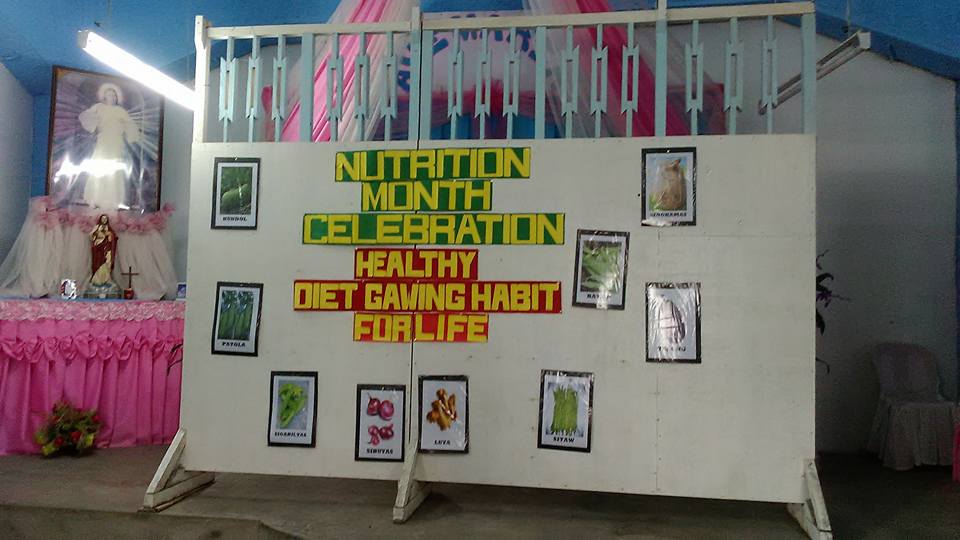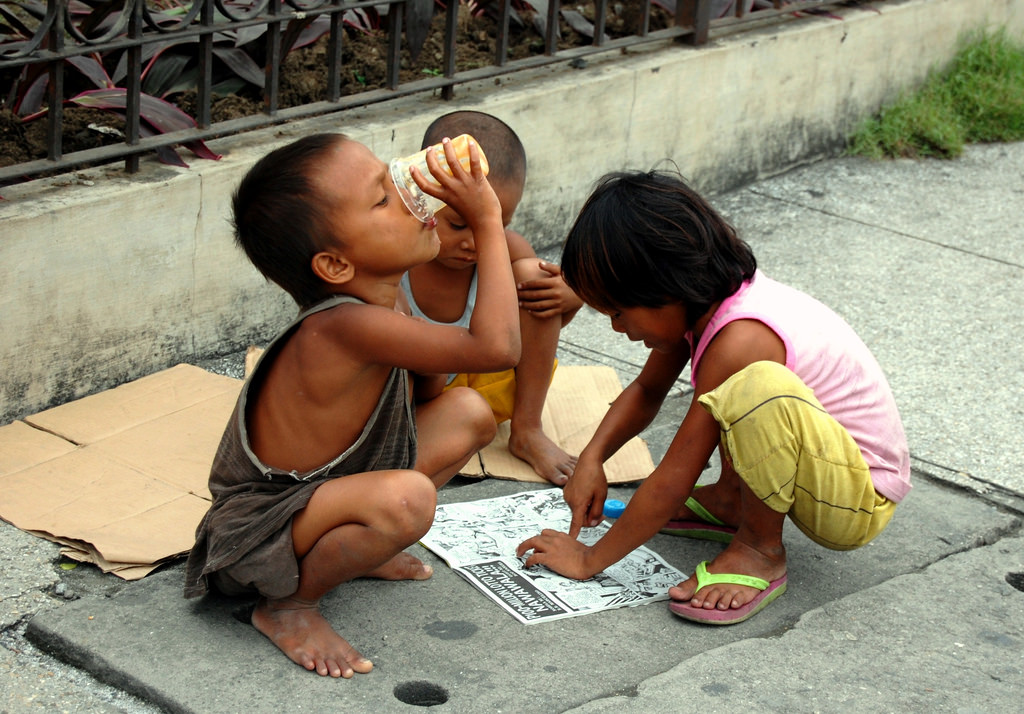Feeding The Hungry: How Can We Help?
While some of us are having hearty full course-meal today, there are hundreds of millions of hungry people throughout the world who lack or have no food at all on their tables. And oh Yes, there are a multitude of them.
Did you know that as of latest data of World Food Programme (WFP), there are almost 700 million hungry people across the globe? Some of these hunger facts are as follows:
-That 690 million people in the world do not have enough food to eat, which means that people still go to bed hungry each night;
-That 1 in 3 suffer from some form of malnutrition;
-That most of the world’s hungry people are found in Southern Asia, Africa and Eastern Asia;
-That it costs only US $0.25 per day to provide a child with all of the vitamins and nutrients he or she needs to grow up healthy;
-That Poverty is one of the causes of Hunger and that it is possible to eliminate Hunger. Acute food insecurity affected 135 million people in 55 countries in 2019
On the other hand, Oxfam International latest information (2018) cited some startling statistics, to wit:
-That 82% of the wealth is now owned by the richest 1% of the global population;
-That the world’s billionaires have more wealth than the 4.6 billion people.
-That in the US, the wealthiest 1% captured 95% of post-financial crisis growth since 2009, while the bottom 90 % became poorer.
The Philippines, based on the 2019 Global Hunger Index, ranked 70th out of 117 countries classified as with serious hunger levels. Cabinet Secretary Karlo Nograles, the country’s Chairman of Government’s Task Force Zero Hunger stated that from 1990 to 2015, Filipinos have been experiencing serious levels of hunger, particularly during this pandemic, even if its scores and ratings have improved through the years. He further mentioned that under the Duterte Administration, various initiatives have been launched to address not only the country’s hunger problems, but also to achieve food security, improve nutrition, and promote sustainable agriculture. A recent survey revealed that an estimated 7.6 million families reported involuntary hunger amid the ongoing global health crisis.
In Metro Manila’s urban poor communities particularly during this time of Covid-19 pandemic, it is visible and a common knowledge that some of the poorest of the poor skip meals because they could not afford to buy the food they need. Some poor families who have previously and are still resorting to checking trash bins searching for food for the so-called “pagpag” or “left-overs” from restaurants and fast food diners would not be lucky enough these days to get it as most of these establishments have not been operating at full capacity during these challenging times.
The foregoing data on Hunger would prompt us to reflect on Jesus Christ’s Miracle of the Loaves and Fishes where He taught the Apostles and the large crowd (5,000 men, excluding women and children) about caring and sharing. Likewise, the said data would remind us of our Christian obligation as enumerated in the Corporal Works of Mercy which includes the feeding of the hungry, among others.
What happened during the time when Jesus performed the said miracle may seem like a déjà vu — this is practically what is happening now. At present, there are so many people throughout the world suffering from hunger. The only difference is that Jesus is not physically here with us to perform the said miracle in order to feed the hundreds of millions of people. But with Jesus remaining in our hearts, He relies on us, He wants us to do the same – to fulfill our social responsibility to help others especially those who could not afford to have full meal everyday.
Come to think of it, if the entire 1% mega wealthy people in the world would have the heart and the sincerity to share their wealth for the poor in any form, be it monetary or non-monetary, it would not be impossible to eradicate hunger or achieve a zero hunger. If that happens, no more people would have grumbling noises in their stomachs, no more poor kids would be dying from hunger, no more poor families would be begging for food on streets and there would be no poor people searching for food in trash bins. However for some rich people, to donate a portion of their “bucks” is no easy task for reasons that are beyond comprehension (e.g. that they have worked hard for it, among others. much more for the middle class who believes they can’t afford to give. If only everyone has the empathy for the poor and the disadvantaged, the world could be safer, kinder, happier, thus making it a much better place to live in.
Feeding the hungry across the globe can’t be done by a large organization alone, how much more by few individuals. Taking some of our precious time to feed the hungry should emanate from all of us by cooperating and working together. If some of us have been blessed to have so much food on our tables, God would be happy to see the goodness in our hearts, sharing the said blessing of abundance to the people who lacks it. Perhaps, we could begin giving out our extra food-shopped items which are over stocking our pantries to our poor neighbors, before the food items nears their expiration dates rather than putting it to waste. If we happen to have helpers in our own homes, we may find time to prepare/cook meals for the homeless and those with nothing to eat. Furthermore, if we are strong and fit enough to volunteer time to certain organizations whose advocacy is to help the poor people survive their day to day needs. Ahh, there are so many things to help for this cause.

Pope Francis fully supports any endeavor to end world hunger. In fact, one of his ministry’s concerns is to uplift the standard of living of the poor people. He backed the campaign of the Catholic Church spearheaded by Caritas Internationalis, Catholic Relief Services and Catholic Charities, basically to fight for and possibly end hunger. Pope Francis reminded us that God should be the center in charity giving, and it should be done out of love for Him. When we give, we should refrain from making it known to the whole world with some “photo ops” and “outward show”. The intent for helping others should be sincere and not for any personal gains on earth.
One of UN’s Sustainable Development Goals is to achieve Zero Hunger in 2030, 10 years from now. Well, Good Luck to them as eradicating hunger and malnutrition pose as one of the great challenges of our time. However, it is more prudent that if we would like to live in a world with no hungry people around us, everyone including Governments, private sector and other organizations should work hand in hand to invest, innovate and create lasting solutions to this problem.
The Miracle of the loaves and fishes may not only involve the feeding of people with physical hunger but also those with needs of spiritual nourishment. This is also one of our obligations to help those who crave for love and concern and ultimately for God’s mercy and love. The said miracle merely reiterates God’s greatest commandment, i.e., for us to love our neighbors especially those in need.
What If God asks us on Final Judgment Day, if we have done our duties well, are we ready to answer in a positive way? He will say: “For I was hungry and you gave me food, I was thirsty and you gave me drink”, … or are we going to tell Him, “when did we see you hungry and feed you, or thirsty and give you drink”? May God bless us all!
(updated version)
